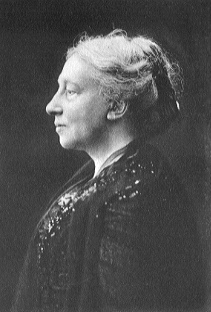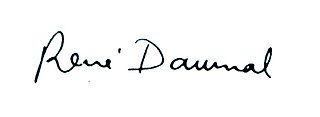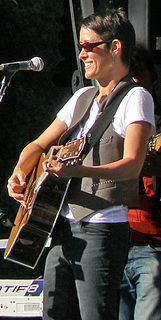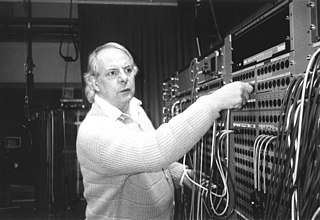A Quote by Sri Aurobindo
The language of the Veda itself is sruti, a rhythm not composed by the intellect but heard, a divine Word that same vibrating out of the Infinite to the inner audience of the man who had previously made himself fit fot the impersonal knowledge.
Related Quotes
The mold in which a key is made would be a strange thing, if you had never seen a key: and the key itself a strange thing if you had never seen a lock. Your soul has a curious shape because it is a hollow made to fit a particular swelling in the infinite contours of the divine substance, or a key to unlock one of the doors in the house with many mansions. Your place in heaven will seem to be made for you and you alone, because you were made for it -- made for it stitch by stitch as a glove is made for a hand.
The goal of mankind is knowledge ... Now this knowledge is inherent in man. No knowledge comes from outside: it is all inside. What we say a man 'knows', should, in strict psychological language, be what he 'discovers' or 'unveils'; what man 'learns' is really what he discovers by taking the cover off his own soul, which is a mine of infinite knowledge.
?"Intellect is the knowledge obtained by experience of names and forms; wisdom is the knowledge which manifests only from the inner being; to acquire intellect one must delve into studies, but to obtain wisdom, nothing but the flow of divine mercy is needed; it is as natural as the instinct of swimming to the fish, or of flying to the bird. Intellect is the sight which enables one to see through the external world, but the light of wisdom enables one to see through the external into the internal world.
Man is the namer; by this we recognize that through him pure language speaks. All nature, insofar as it communicates itself, communicates itself in language, and so finally in man. Hence, he is the lord of nature and can give names to things. Only through the linguistic being of things can he get beyond himself and attain knowledge of them-in the name. God's creation is completed when things receive their names from man, from whom in name language alone speaks.
In the mythic tradition, the Mountain is the bond between Earth and Sky. Its solitary summit reaches the sphere of eternity, and its base spreads out in manifold foothills into the world of mortals. It is the way by which man can raise himself to the divine and by which the divine can reveal itself to man.
The significance of language for the evolution of culture lies in this, that mankind set up in language a separate world beside the other world, a place it took to be so firmly set that, standing upon it, it could lift the rest of the world off its hinges and make itself master of it. To the extent that man has for long ages believed in the concepts and names of things as in aeternae veritates he has appropriated to himself that pride by which he raised himself above the animal: he really thought that in language he possessed knowledge of the world.
Do not become the candle that gives light to others but itself remains in darkness. Do not follow the desires of your lower self. Should the Lord wish, He himself will pick you out and prompt you to be a source of guidance. He Himself shall endow you with the inner strength to endure the changes of fortune and will instill within you infinite wisdom.
In love at one of its poles you find the personal, and at the other the impersonal. At one you have the positive assertion — Here I am; at the other the equally strong denial — I am not. Without this ego what is love? And again, with only this ego how can love be possible?
Bondage and liberation are not antagonistic in love. For love is most free and at the same time most bound. If God were absolutely free there would be no creation. The infinite being has assumed unto himself the mystery of finitude. And in him who is love the finite and the infinite are made one.
It often astonishes me that I did not see the importance of meditation upon Scripture earlier in my Christian life. As the outward man is not fit for work for any length of time unless he eats, so it is with the inner man. What is the food for the inner man? Not prayer, but the Word of God -not the simple reading of the Word of God, so that it only passes through our minds, just as water runs through a pipe. No, we must consider what we read, ponder over it, and apply it to our hearts.
That the outer man is a picture of the inner, and the face an expression and revelation of the whole character, is a presumption likely enough in itself, and therefore a safe one to go on; borne out as it is by the fact that people are always anxious to see anyone who has made himself famous. Photography offers the most complete satisfaction of our curiosity.







































